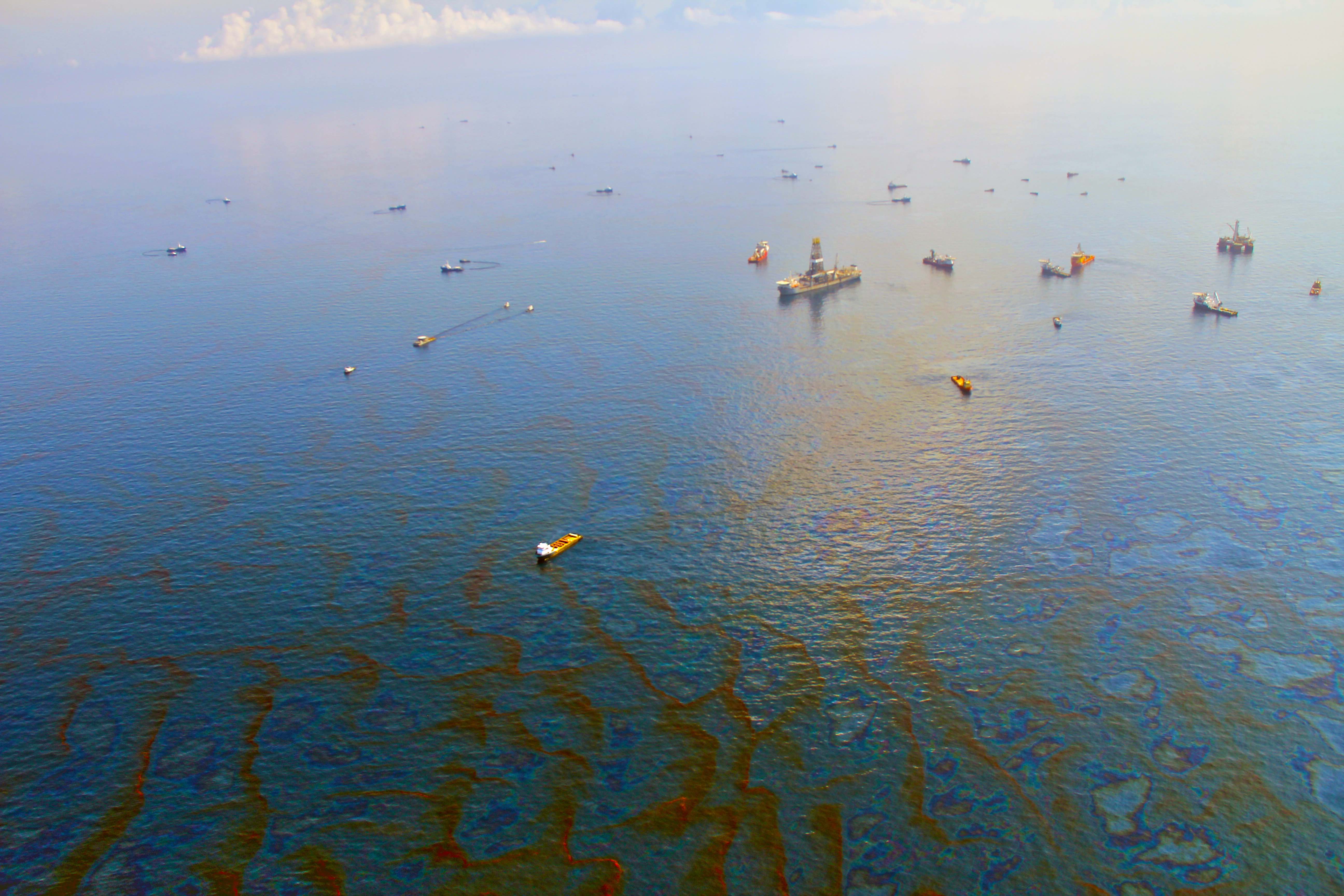For several decades scientists have been interested in the ability of psychrophilic (cold- loving) microbial communities to degrade the various components of crude oil, which is a process known as bioremediation. Because temperature has a direct impact on enzyme activity there is a concern that, at very low temperatures, the microbial community might be inhibited in its ability to undertake bioremediation. The benefits of bioremediation
were seen in the response of the microbial community during the infamous Deepwater Horizon event in the Gulf of Mexico. Indigenous bacteria deep in the water column consumed much of the escaping oil before it had the opportunity to reach the surface, lowering (but not eliminating) the ecological impact of that disaster.
Despite the subtropical location of the Deepwater Horizon, the water temperature where much of this bioremediation took place is only 5 degrees Celsius. This is not much warmer than summertime Arctic surface waters and close to the point at which temperature is observed to start inhibiting microbial activity. What would happen if an Arctic drill
rig had a similar accident? Would the microbial community be able to respond as effectively?
Data from previous studies suggests that bacterial growth rate doesn’t change much with temperature until about 4 Continue Reading…
Via-: Sciworthy News




